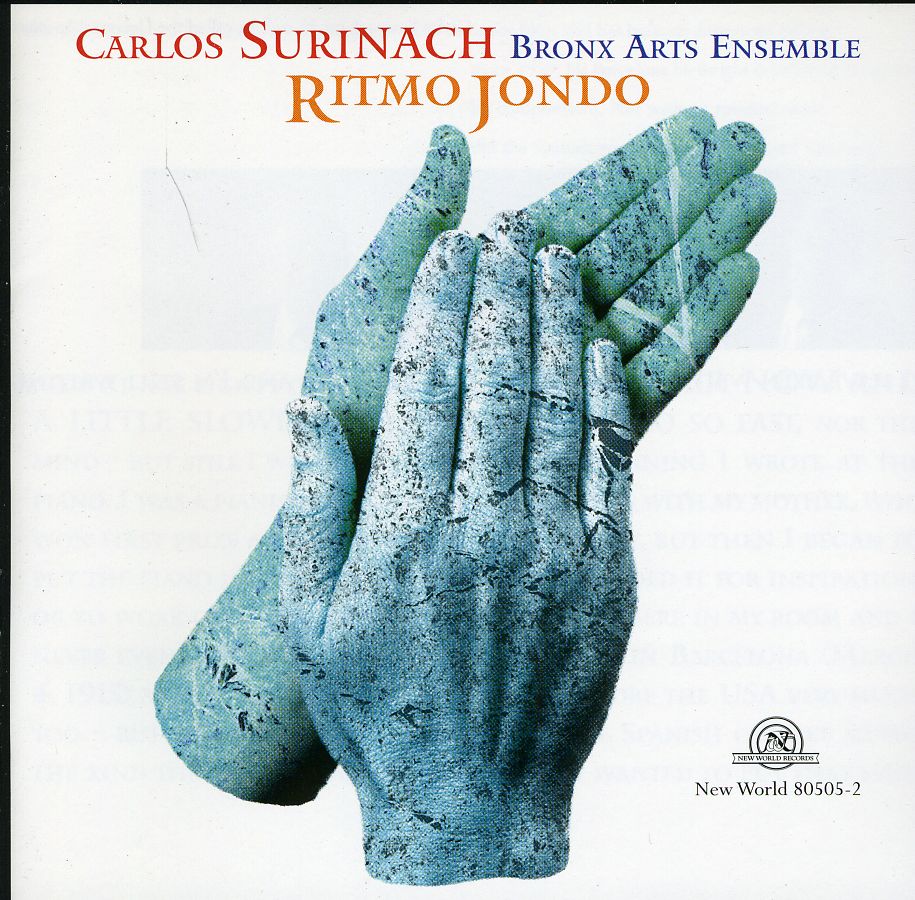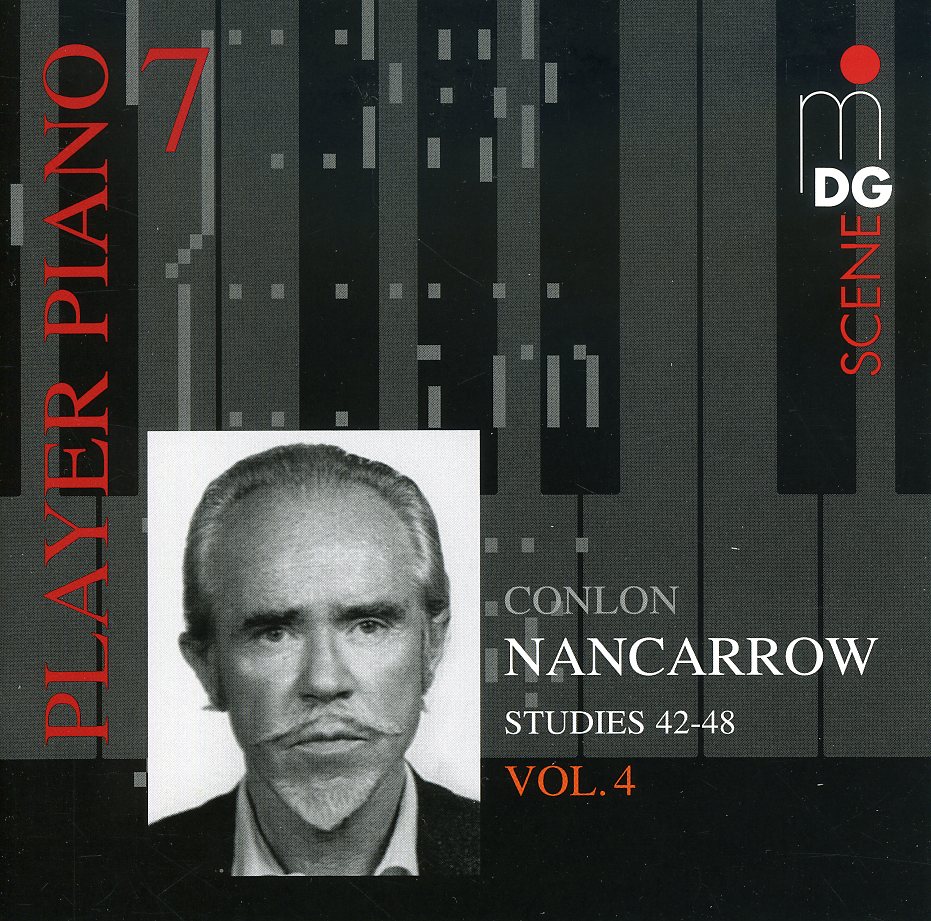
Harrington, Hugh T.
product information
description
ificant role in the history of South Carolina in the second half of the 19th century. He graduated from The Citadel in Charleston in 1856, became an educator, and returned to The Citadel to teach. He led The Citadel cadets in battle during the Civil War. After the War he returned to teaching. After the contentious election of 1876, he became South Carolina Superintendent of Education (1877-1882). He was twice elected Governor of South Carolina (1882-1886). He was a strong advocate for education for all races. He worked to equalize expenditures for Black and White schools. His greatest achievement was winning mass support for public education and support for Blacks, against a tradition of public hostility, apathy, and prejudice. He is known as the "Father of South Carolina's modern public school system."
In 1886, after an appointment by President Benjamin Harrison, he left South Carolina for the position of Assistant Secretary of the U.S. Treasury (1886-1889) in Washington. D.C. and later served as United States Civil Service Commissioner (1889-1892). He became close friends with Theodore Roosevelt, who was later to become President of the United States. In 1892 he joined the New York Life Insurance Company in the position of Comptroller.
His service, particularly during the Civil War in South Carolina, has become clouded with legend and perhaps wishful thinking. Therefore, it is the intention here to present a more accurate record of his life and activities.
member goods
No member items were found under this heading.
Return Policy
All sales are final
Shipping
No special shipping considerations available.
Shipping fees determined at checkout.







